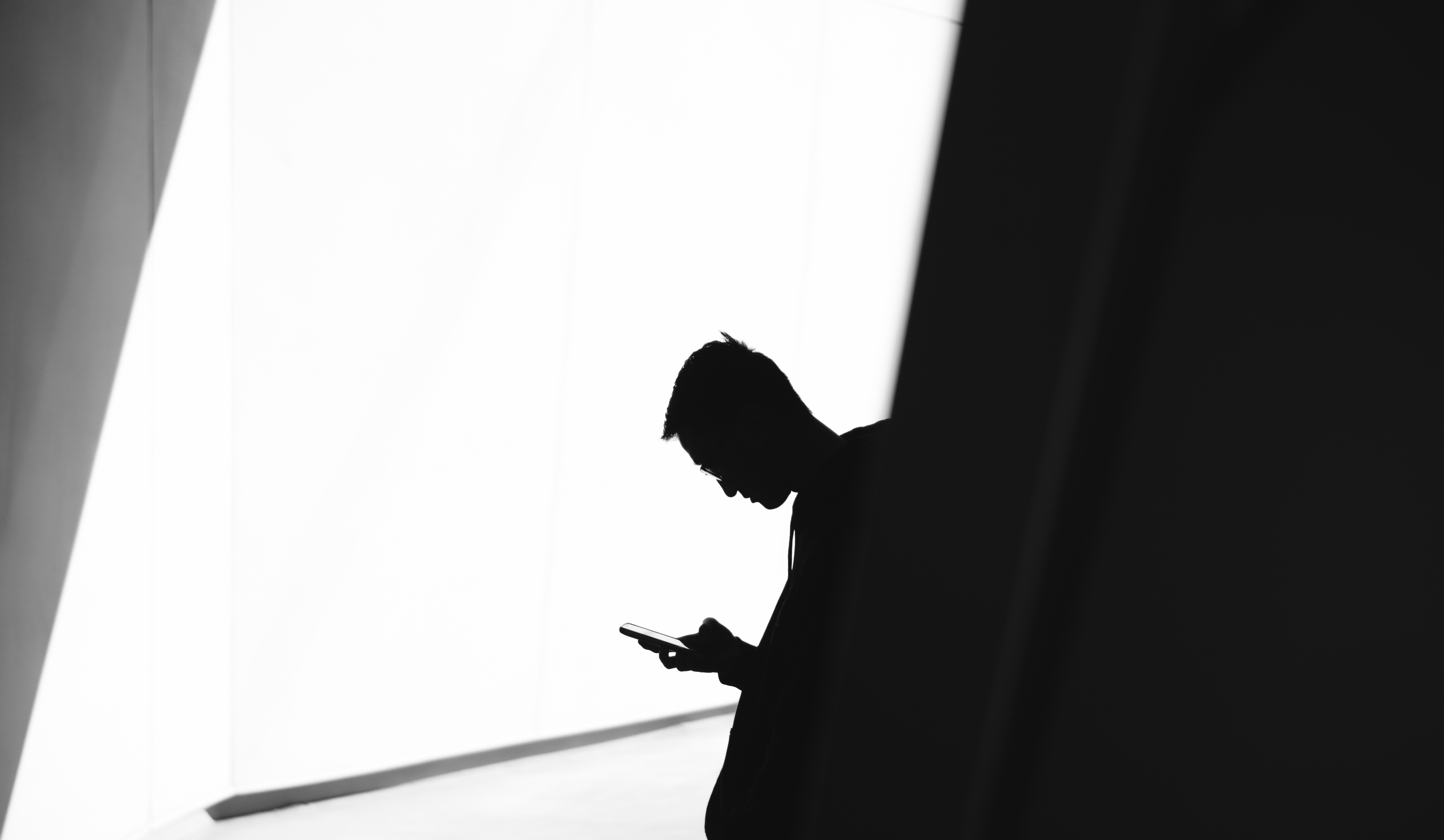Warrantless Tracking of Phone Location Data Could Get Harder

A new case is going to the U.S. Supreme Court that could make it harder for law enforcement to track cell-phone location data.
Federal agencies and police departments can learn an awful lot by tracking people’s smartphone use. Perhaps one of the most useful tricks is to request data from telecom providers to find out which cell-phone towers were used by a device, allowing police to prove that a suspect was in the vicinity of a crime scene at a given time. That data is often obtained without a warrant.
Indeed, such a technique was used to obtain evidence in support of the prosecution of Timothy Carpenter, who was accused of armed robbery in 2011. All told, investigators scoured 127 days of his phone data—revealing 12,898 points of location data—in order to ascertain whether he was close to the scene of his alleged crimes. The evidence was used to build the case against him in court, and he was ultimately convicted.
But now the American Civil Liberties Union is helping to represent Carpenter as part of an appeal that will be heard by the Supreme Court. The ACLU’s line of argument: that warrantless investigation of his location data by the police is a violation of the Fourth Amendment of the Constitution, which protects against unreasonable searches and seizures.
“Because cell-phone location records can reveal countless private details of our lives, police should only be able to access them by getting a warrant based on probable cause,” explained Nathan Freed Wessler, a staff attorney with the ACLU, in a statement. The U.S. government, meanwhile, argues that it must only demonstrate that there are “reasonable grounds” to obtain the data.
As Reuters points out, the Supreme Court’s track record in recent time suggests that the verdict may lean in favor of Carpenter and the ACLU. Over the past five years the court has heard two other appeals relating to technological snooping—one about GPS tracking of a vehicle, the other to do with searching a smartphone. On both occasions, the verdicts went against law enforcement agencies. If the court rules in Carpenter’s favor, it could mean that police are required to obtain a warrant before they obtain cell-phone location data in the future.
(Read more: ACLU, Reuters, “Mobile Call Logs Can Reveal a Lot to the NSA”)
Keep Reading
Most Popular
Large language models can do jaw-dropping things. But nobody knows exactly why.
And that's a problem. Figuring it out is one of the biggest scientific puzzles of our time and a crucial step towards controlling more powerful future models.
The problem with plug-in hybrids? Their drivers.
Plug-in hybrids are often sold as a transition to EVs, but new data from Europe shows we’re still underestimating the emissions they produce.
Google DeepMind’s new generative model makes Super Mario–like games from scratch
Genie learns how to control games by watching hours and hours of video. It could help train next-gen robots too.
How scientists traced a mysterious covid case back to six toilets
When wastewater surveillance turns into a hunt for a single infected individual, the ethics get tricky.
Stay connected
Get the latest updates from
MIT Technology Review
Discover special offers, top stories, upcoming events, and more.